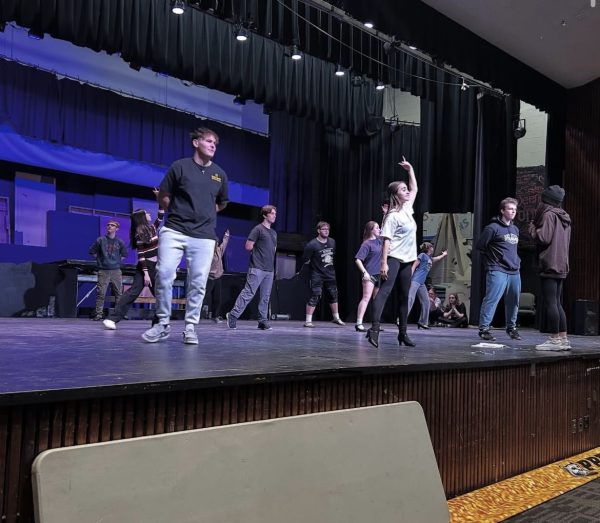Air Heads vs. Nerds
No, not the candy
Near the start of 2022, cell companies like Verizon and AT&T were planning to roll out a number of 5G towers. Things went smoothly for the internet providers until flight safety found itself entangled in the perceived dangers.
The Federal Aviation Administration didn’t enjoy the news of the 5G towers. It wasn’t for reasons you would think of. According to a video from WSJ, the FAA has said “…the service could affect airplane safety systems…” Essentially, planes use signal waves to the ground as a way of getting their altitude. Cockpit safety system interruption and a loss of the altimeter functions could create dangerous conditions for fliers.
The cellular services are pushing back against these claims, supported by the Federal Communications Commissions. The FCC has stated that the restrictions on the cellular companies is already enough to protect airplanes. Their spectrogramic research backs up the claims. The CTIA, a wireless industry trade group has responded harshly, stating, “The aviation industry’s fear-mongering relies on completely discredited information and deliberate distortion of facts.”
With all the confident talk in the safety of the towers, it’s questionable whether the 5G waves actually pose a threat. There are also claims of the service working well in the countries that it has already rolled out in. This argument lacks strength due to how much it could vary from country to country. Regardless of the debate surrounding 5G and airplane safety, the FAA, Verizon, and AT&T have already agreed on delaying the service to a month later, being February 5th. While their talks aren’t over, it’s reassuring to see that both sides are solving the issue. Hopefully we’re able to use the faster internet power in due time. It seems that the FAA seems to agree with us on that one, too.







